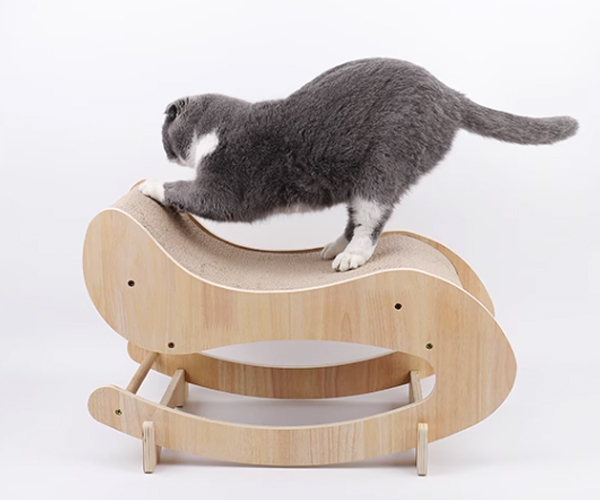Having a cat is a joy, but dealing with unexpected behavior can sometimes be a challenge. One of the more confusing and frustrating habits some cat owners face is discovering that their furry friend is using their bed as a personal litter box. But don’t worry, today we’re going to explore the possible reasons behind this behavior and offer some practical solutions to help end cat pooping antics in bed.
Understand instinct:
To understand why cats exhibit this behavior, we need to delve into their natural instincts. In the wild, felines prefer to hide their scent from predators. By operating in the sand or soil, they bury their waste and avoid detection by potential threats. However, domestic cats sometimes find alternate locations to perform this behavior, such as soft surfaces such as beds.
Medical Conditions:
If your cat suddenly starts pooping on your bed, any medical cause must be ruled out. Certain conditions, such as urinary tract infections, feline lower urinary tract disease, or constipation, may cause discomfort during the voiding process. In this case, your cat may associate the litter box with pain and choose other soft surfaces to defecate on, making your bed a convenient target. If you suspect a medical problem, consult your veterinarian to address any underlying issues.
Geotagging:
Cats are territorial animals, and territory marking is a common feline behavior. Urinating and defecating in bed may be a way for your cat to assert dominance and establish ownership. This can be triggered by a variety of factors, such as introducing a new pet, changes in routine, or even stress and anxiety. Make sure to provide your cat with plenty of resources and enrichment, such as scratching posts, toys, and perches, to help relieve tension.
Trash problem:
Sometimes, litter box problems can cause cats to look for other places to potty, including your bed. The litter box may not be clean enough, or your cat may have a preference for the type of litter used or the location of the litter box itself. Experiment with different litter options, make sure you clean them regularly, and consider providing multiple litter boxes if you have multiple cats.
envirnmental factor:
Environmental factors play an important role in a cat’s toileting habits. Changes in the household, such as moving to a new home, rearranging furniture, or introducing new scents through guests or other animals, can disrupt a cat’s routine and trigger unwanted behavior. Ensuring a stable and consistent environment can help reduce your cat’s stress and maintain a regular potty routine.
Prevention and solution:
In order to prevent your cat from pooping on your bed, it is important to identify the root cause and address it accordingly. Here are some practical solutions:
1. Keep litter boxes clean and readily available.
2. Experiment with different litter types, depths and locations.
3. Provide enough litter boxes for multiple cats.
4. Establish regular feeding and play times to reduce stress.
5. Provide plenty of environmental richness to keep your cat mentally stimulated.
Knowing why your cat might be pooping on your bed is the first step in finding a solution. By considering your cat’s instincts, medical conditions, territorial tendencies, litter box issues, and environmental factors, you can work to address this undesirable behavior. Remember that patience, consistency, and understanding are the keys to helping your feline live harmoniously in your home.
Post time: Aug-08-2023

